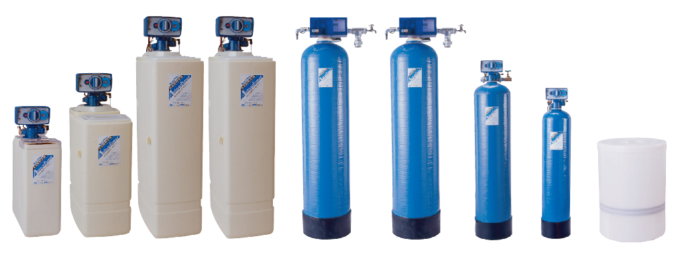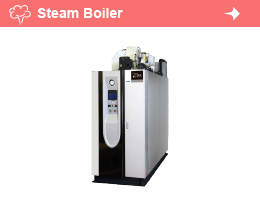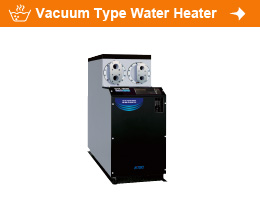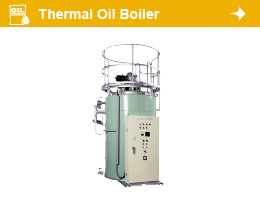Why Boilers Need Soft Water
Have you ever heard of “hard water” and “soft water”? In our daily lives, we don’t think much about the minerals in water, but for boilers, these tiny particles can cause big problems. Let’s learn why boilers need soft water and how water softeners work!

What is Hard Water?
Hard water contains calcium and magnesium ions. These minerals are natural and even good for our health, but boilers don’t like them. Why? Because when hard water is heated, these minerals turn into scale—a hard, chalky deposit that sticks to the inside of the boiler. Over time, this scale can reduce efficiency, waste energy, and even damage the boiler.
The word “hard water” comes from old observations—people noticed that:
- Beans boiled in hard water stayed hard.
- Silk washed in hard water became stiff.
- Skin washed with hard water felt rough.
So, “hard water” got its name because it makes things hard—including boiler tubes!
Two Types of Hardness
1. Temporary Hardness (Carbonate Hardness)
- Caused by calcium and magnesium bicarbonate.
- When heated, it forms scale (like limescale in a kettle).
- Called “temporary” because it only causes problems when heated.
2. Permanent Hardness (Non-Carbonate Hardness)
- Comes from minerals like calcium sulfate and magnesium chloride.
- Doesn’t break down when boiled—stays in the water no matter what.
The Solution: Water Softeners
Since boilers can’t handle hard water, we use a water softener. This device removes calcium and magnesium and replaces them with sodium (which doesn’t form scale).

How does it work?
- Hard water enters the softener.
- Inside, tiny resin beads swap calcium and magnesium for sodium.
- The water comes out “soft” (with less than 1 mg/L of hardness).
Why is this important?
- If a boiler keeps using hard water, the minerals build up, forming scale.
- Scale acts like insulation, making the boiler work harder and waste energy.
- In extreme cases, it can lead to overheating and even boiler failure.
The Bottom Line
“Calcium and magnesium are good for humans, but bad for boilers!”
That’s why water softening is a must for boiler maintenance. By keeping the water soft, we protect the boiler, save energy, and avoid costly repairs.
So next time you hear about “soft water,” remember—it’s not just for smooth skin and clean laundry, but also for happy, efficient boilers!
For more information on water softeners, please feel free to contact us.




